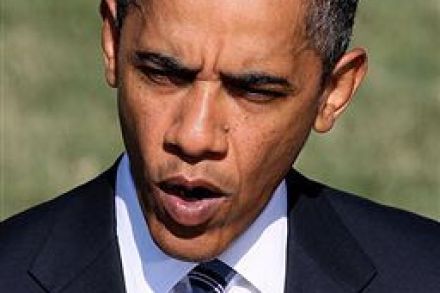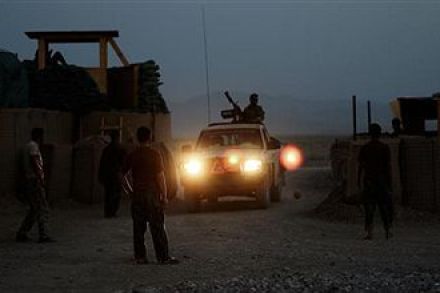Sarah Palin: For Real and For 2012
Like Time’s Jay Newton-Small, I’ve never quite understood why so many Washington pundits have assumed Sarah Palin has no interest in running for President. Sure, she’s not been playing the game according to the Beltway Playbook but that’s exactly the point. As Jay reminds us, Mrs Palin has previous on this: In many ways, Palin’s moves mirror her run for governor. She came from the outside, taking down the GOP establishment, including the formidable Governor Frank Murkowski. She stayed on the outside for months, not bothering to build a campaign but delivering key speeches across the state attacking “the old boys club” that raised speculation she’d potentially run. And, finally,













